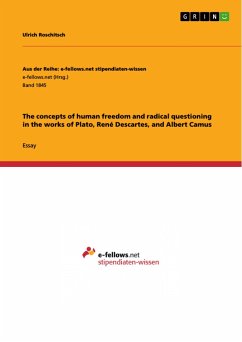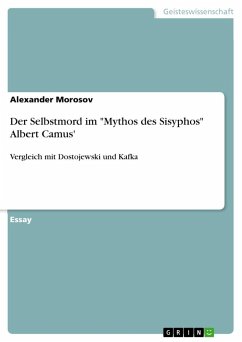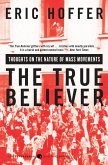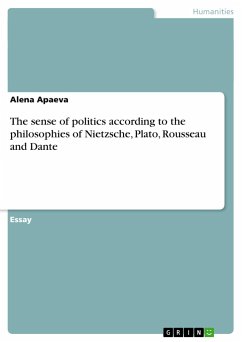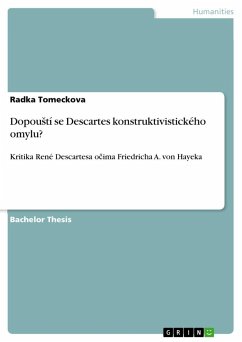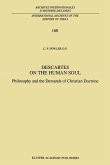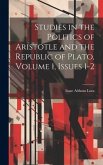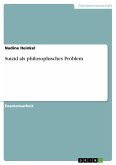Essay from the year 2015 in the subject Philosophy - General Essays, Eras, grade: 1,3, , course: Introduction to western Philosophy, language: English, abstract: The human freedom and the human capability to reflect about the circumstances of our existence are phenomenons that have puzzled philosophers, anthropologists and other scientists alike, since we can think. Over the course of history, especially the art of philosophy has seen many great thinkers reflecting on the nature of human freedom: Three of them - Plato, René Descartes, and Albert Camus - are the material on which this paper will retrace the development of the interpretation of human freedom. In doing so, it is very important to, first of all, define how Plato, Descartes, and Camus saw human freedom. After that, we can have a look at the key differences that are - or maybe are not - findable when comparing Plato's "Republic" and Descartes' "Meditations on First Philosophy", as well as when comparing Descartes' workand Camus' "The Myth of Sisyphus". The goal of this analysis is to examine how the conception of human freedom changed from Plato over Descartes to Camus. This is crucial to completing the third and last part of this paper. That will be determining which thinker was most thoroughly committed to the radical questioning of things, that we nowadays hold to be the core value of philosophy. However, the goal of this paper is not to determine, who was the "best" philosopher, but rather to show how different their conceptions of human freedom and the human capacity to ask questions truly were.

